Kindly check out this link on YouTube: http://www.youtube.com/watch?v=Ptgu_15sdVc
Addax
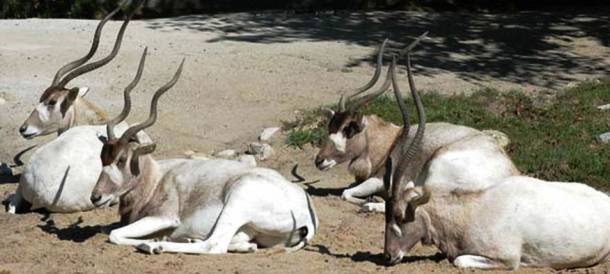
One of the rarest animals in the Sahara Desert is the Addax, also known as the white antelope or screwhorn antelope. It’s a rather unique creature whose coat actually changes color depending on the season. Due to its slow speed, however, it is a welcome meal for predators and an easy target for hunters. Its population hovers around 1,600.
Hawaiian Monk Seal
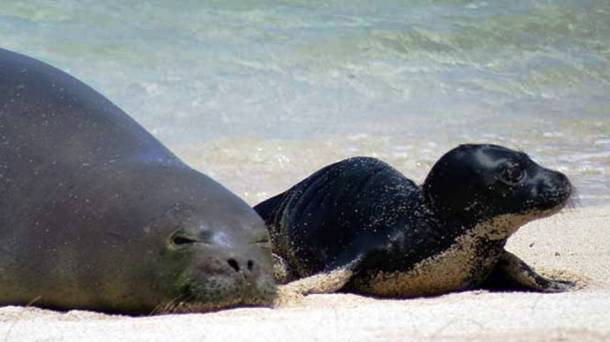
One of only two monk seal species left on Earth, the small population of about 1,100 individuals is threatened by human encroachment, very low levels of genetic variation, entanglement in fishing nets, marine debris, disease, and past commercial hunting for skins.
Mountain Gorilla
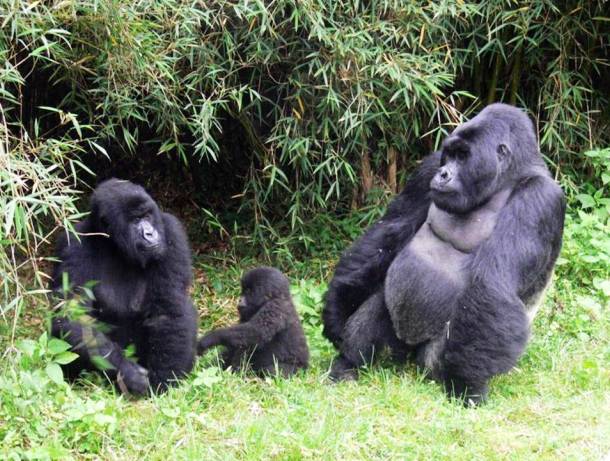
The mountain gorilla is primarily found in various regions all across Africa namely Uganda, Rwanda, and Virunga. They have thicker and longer fur, which makes them easily adaptable to cold environments. Aside from poaching, their population of 880 has decreased due to traps, kidnapping, loss of habitat, interaction with tourists, being killed for meat, and even lack of food.
Island Fox
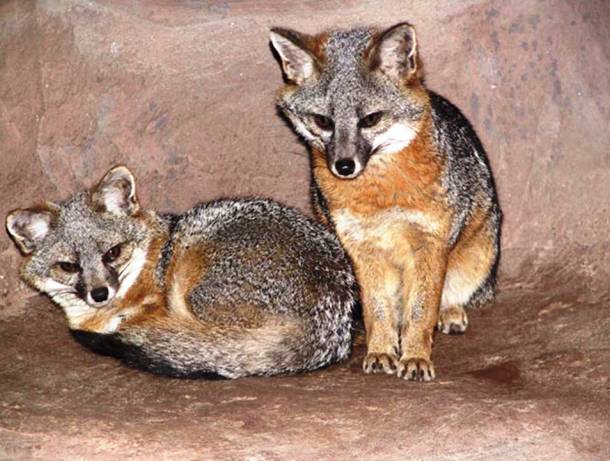
The island fox is small, colorful, and primarily found on the Channel Islands of California where many of them exist in packs. Some of their subspecies can be found uniquely on each of the six islands located within the area, which amounts to a total of only 700.
Bactrian Camel
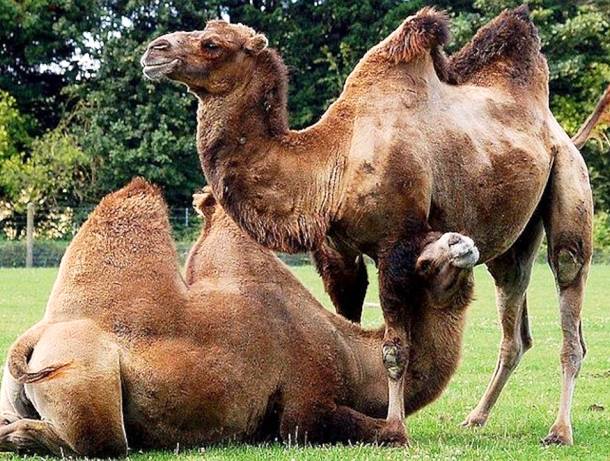
Two humps are indeed better than one, especially if you are looking for a pack animal, but it certainly is a lot rarer. Unfortunately, however, this group of camels is numbered at only about 800. They are often found in Mongolia and China, but they can also be seen in nearby countries like India, Pakistan, and even Russia due to their migration habits.
Catarina Pupfish
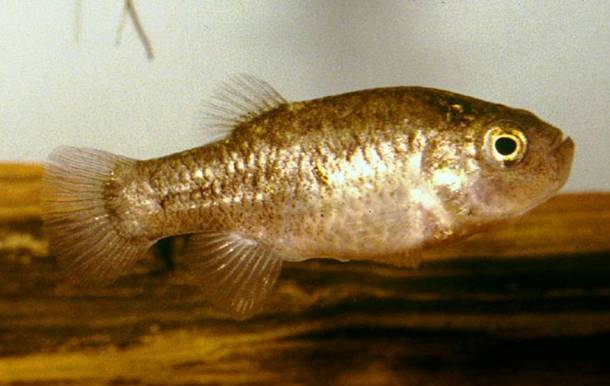
The Catarina pupfish of Mexico no longer exists in the wild so by some standards it would be technically extinct. Thanks to the efforts of environmentalists, however, their are still a couple aquariums housing the last remaining members of their species.
Mediterranean Monk Seal
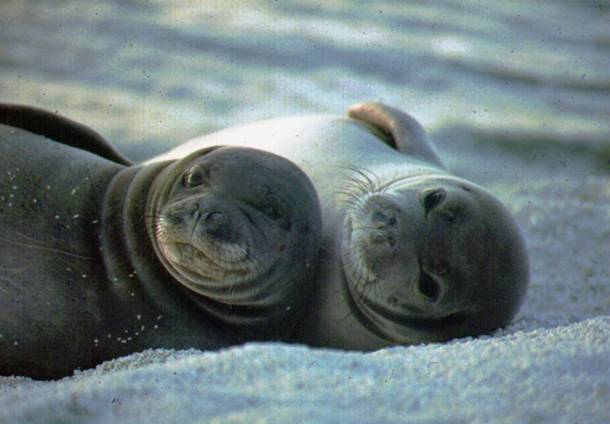
Related to the Hawaiian monk seal, the main difference between the two is their choice of habitat with the Mediterranean monk seal living in…the Mediterranean (surprise!). This species is much closer to extinction, however, with only 510 seals accounted for.
Philippine Eagle
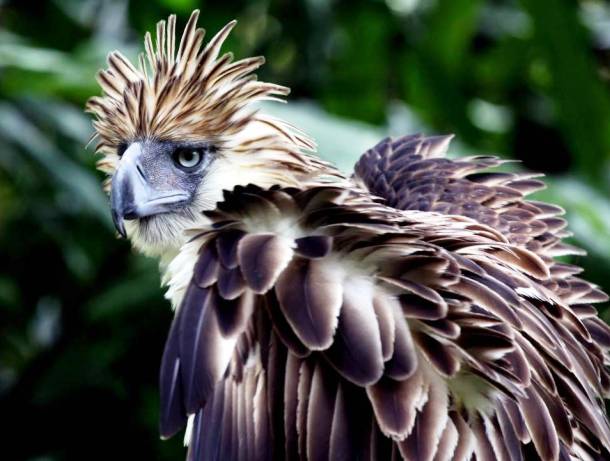
Also known as the monkey-eating eagle, the Philippine eagle is the national bird of the Philippines. Due to deforestation and illegal logging activity the eagle is considered to be critically endangered as its population is down to 500.
California Condor
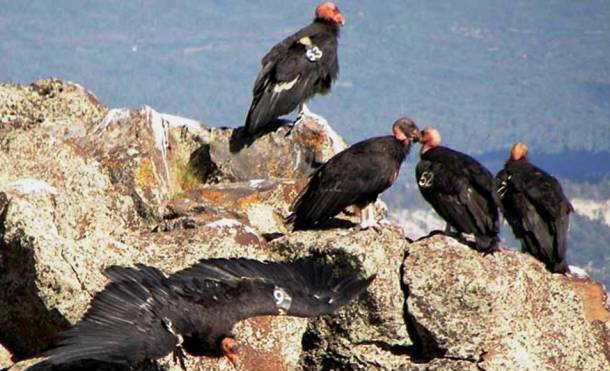
Although the condor has been attributed to California, it is primarily found in areas along northern Arizona and southern Utah, which makes it a resident bird of the Grand Canyon and Zion National Park. It has a wingspan of over 3 meters, it scavenges for carrion, and it can live over 60 years. Sadly there are only 405 left.
Amur Leopard
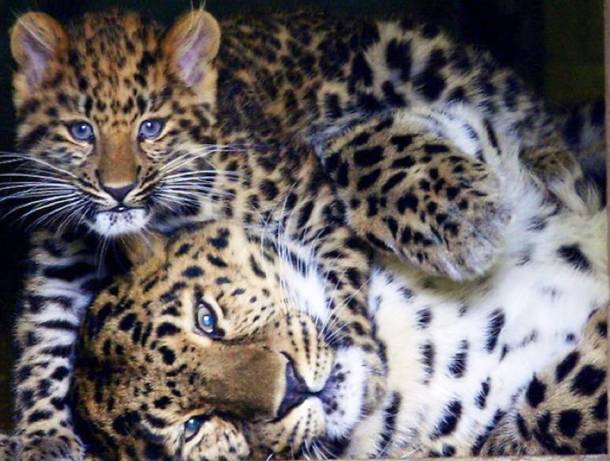
Found in the southeastern regions of Russia near the Chinese border, the amur leopard population is down to only 349 as they are being constantly poached for their skin.
Vaquita
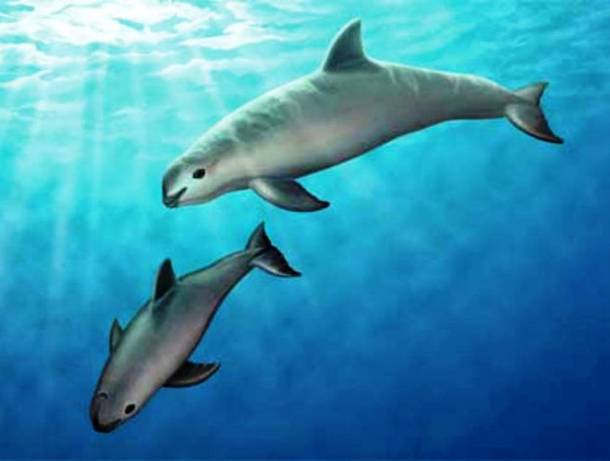
The direct translation of its name from Spanish means little cow and its habitat is limited to the northern parts of the Gulf of California. There are only 300 left in the wild.
Sumatran Rhinoceros
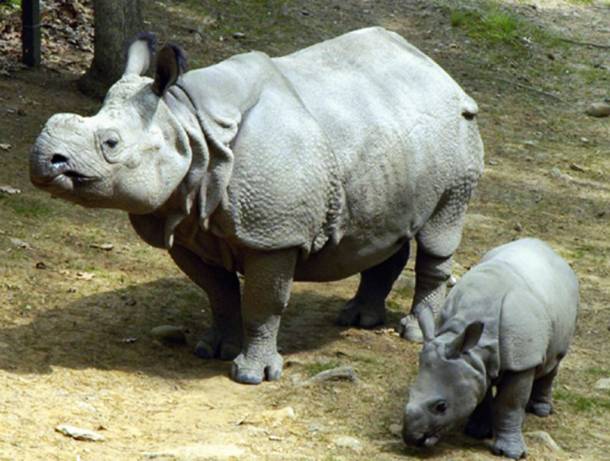
Although the rhinoceros is considered to be one of the biggest mammals on the planet, this specific breed is actually the smallest of its kind. Their exact population is unknown but researchers are projecting that there may be 275 of them left in the wild.
Brazilian Merganser
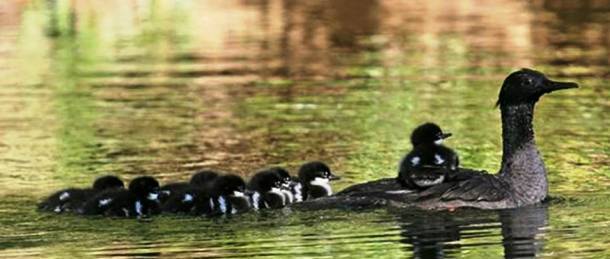
Often mistaken for a pigeon or a duck, the Brazilian Merganser is usually found within the country of Brazil although a few of them are located in Argentina. Because of farming and mining activities that have interrupted the ecological balance, this merganser’s population has declined to about 250.
Kakapo
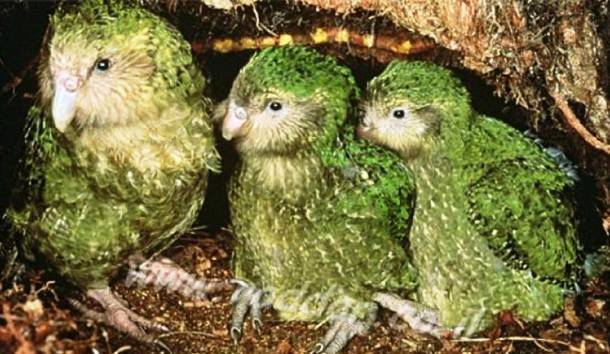
The kakapo is one of the most unique birds you will ever see and it is the only parrot incapable of flight. Found in New Zealand it only comes in one color, yellow green, and it even has whiskers under its beak. The 126 remaining birds are extremely endangered.
Hawaiian Crow
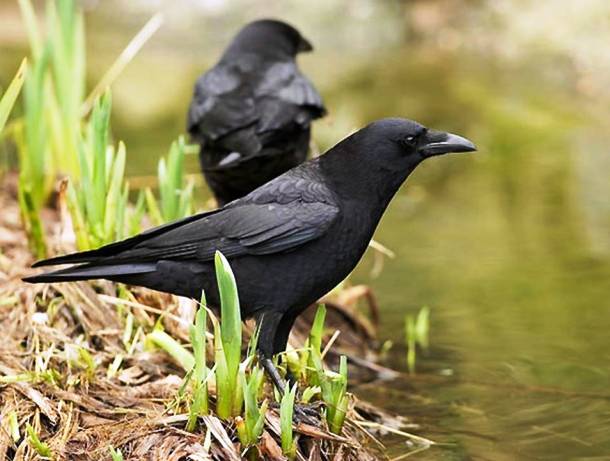
The Hawaiian crow, also known as the Aumaka in the native Hawaiian tongue, is now extinct in the wild, with only 109 remaining in captivity.
Arakan Forest Turtle
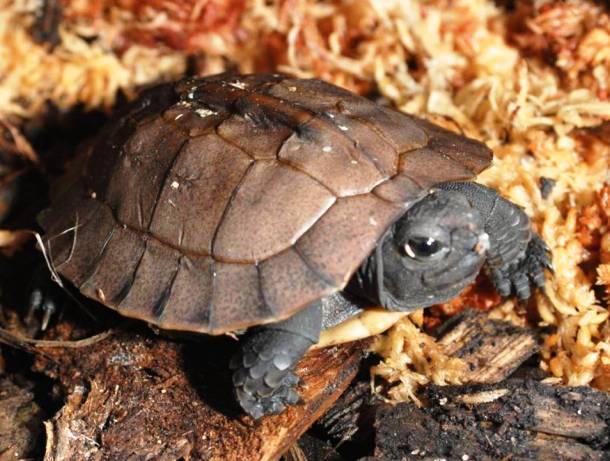
The Arakan forest turtle is so rare that it can only be found in the Arakan hills of western Myanmar. Many believed that it went extinct in 1908 until it was rediscovered in 1994 although it has been determined that there are less than a hundred left in the wild.
Iberian Lynx
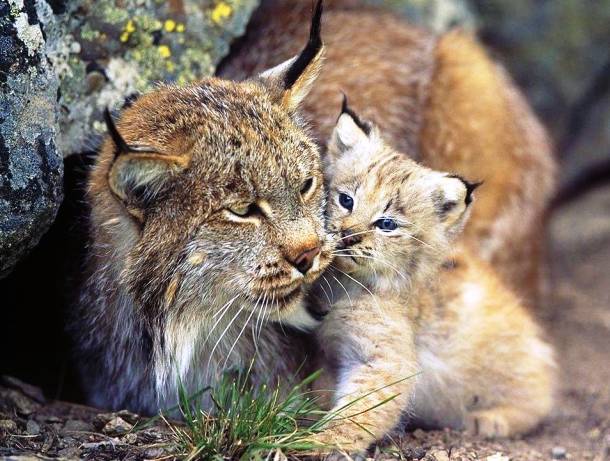
Found on the Iberian peninsula (Spain and Portugal) the extinction of the Iberian lynx would actually be the first of all the feline species in the modern world.
Axolotl
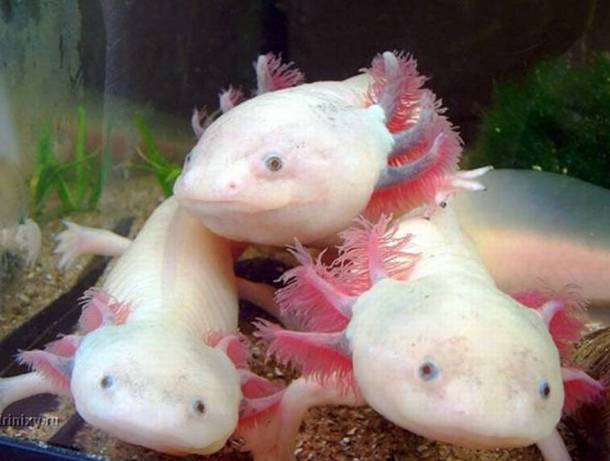
The axolotl, sometimes called the water monster, is a kind of fish salamander that is highly sought after in research circles due to its abilities to regenerate, but it is quickly becoming extinct.
Spix’s Macaw
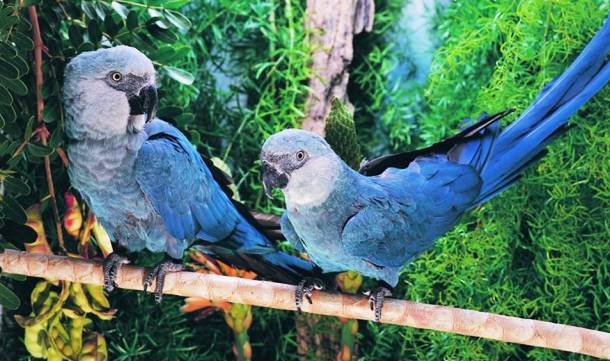
Often identified as a blue macaw, the Spix’s macaw is native to Brazil and only 93 are accounted for, all in captivity.
Javan Rhinoceros
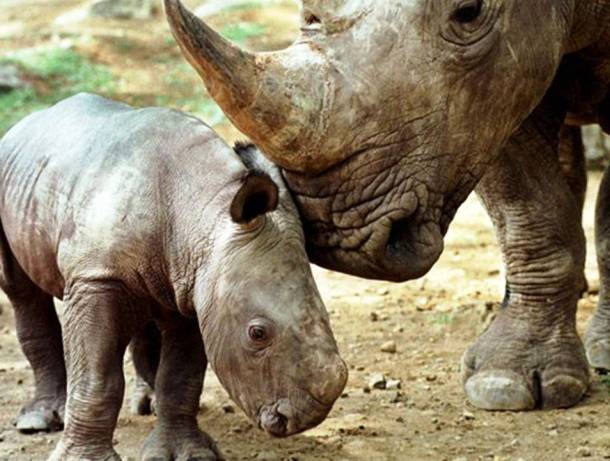
Poached for their horns they are often used as ingredients in formulating Chinese medicine and each kilogram (of their horn) costs over $30,000 on the black market. There are only 72 of them known to exist in the wild.
Siamese Crocodile
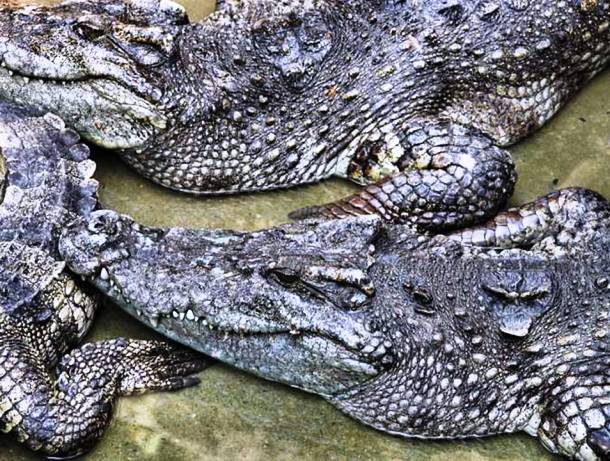
The Siamese crocodile is native to parts of Southeast Asia and presently there are less than 70 left in the wild. Their survival has been compromised by people taking lands for farming, which affected the crocodiles due to the increase of cattle, use of pesticides, and chemical fertilizers that corrupted the clean water.
Brown Spider Monkey
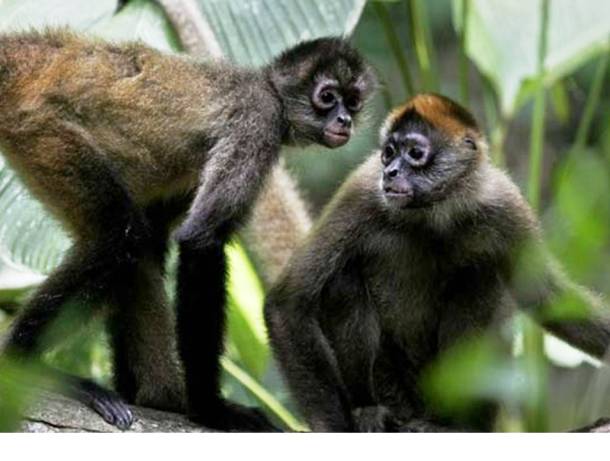
The brown spider monkey received its name due to its long limbs, which help it to swing and climb on trees. Its tail is also flexible enough that it is considered more of a limb due to its precision and usability when being used to hang on branches. The population of 60 has been the result of relentless hunting and wild animal trades, which usually occur in northern Colombia and northwest Venezuela.
Mexican Wolf
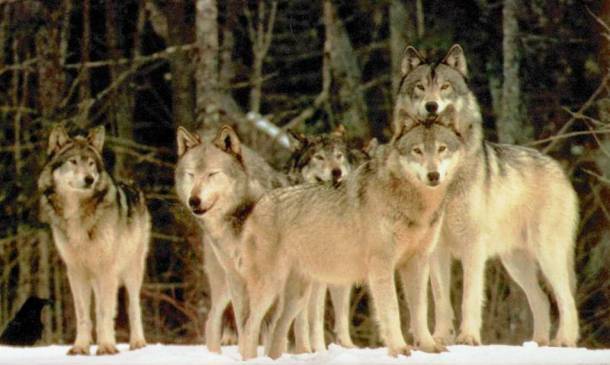
The Mexican wolf holds the title of being the rarest and most genetically distinct subspecies of the gray wolf, which is found in North America. There are now 340 of them in over 49 research facilities all over the US and in Mexico. The decline was primarily due to the decreasing number of elks and deer, which they hunt for food.
Baiji
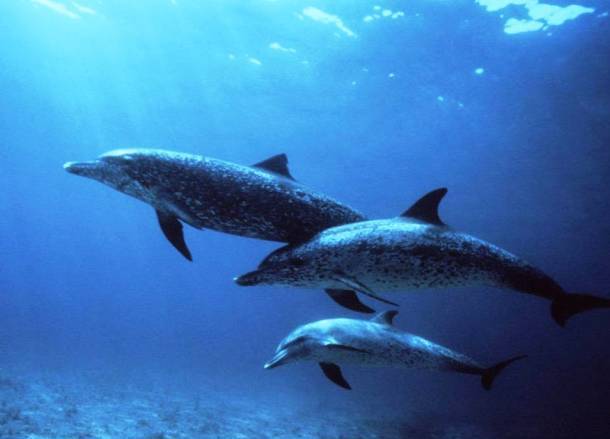
With less than twenty left in the world, the Baiji dolphin is one of the most endangered species on Earth.
Northern White Rhinoceros
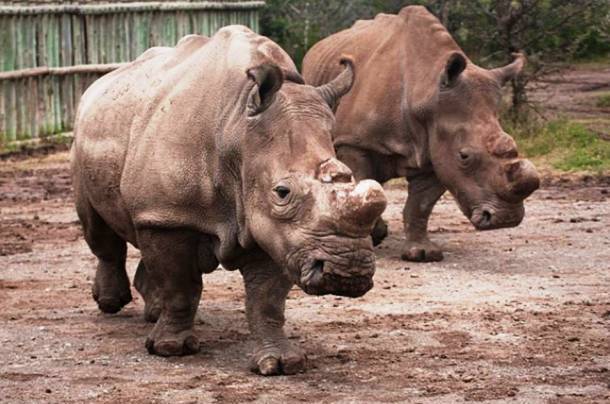
The northern white rhinoceros is considered extinct in the wild and the last 10 white rhinos in the world are now being protected in conservation centers located in California and the Czech Republic. These animals are so protected that they even have guards by their side night and day to prevent them from being killed by poachers.



























